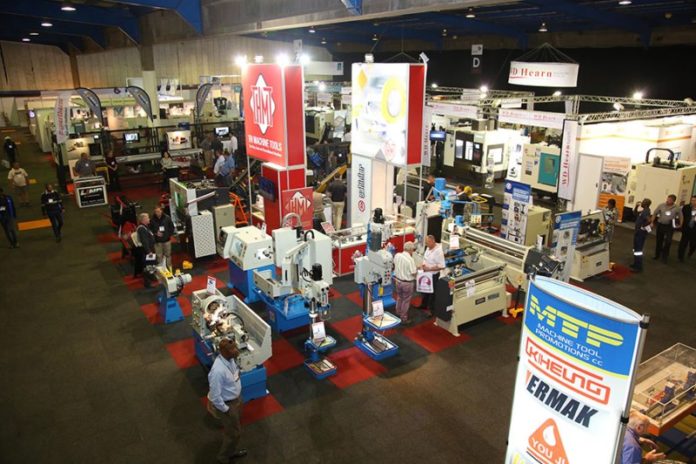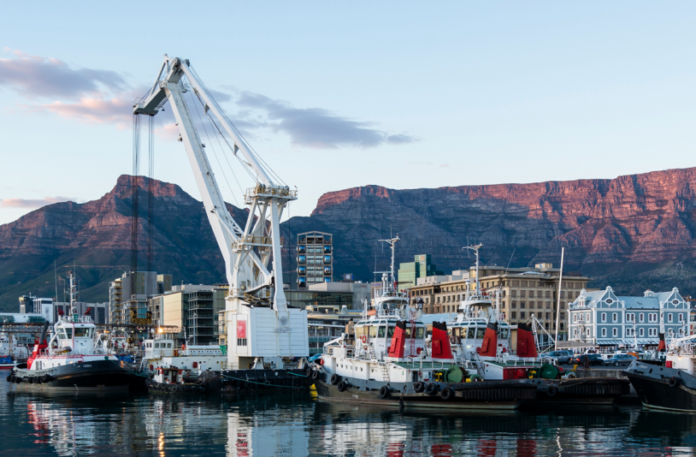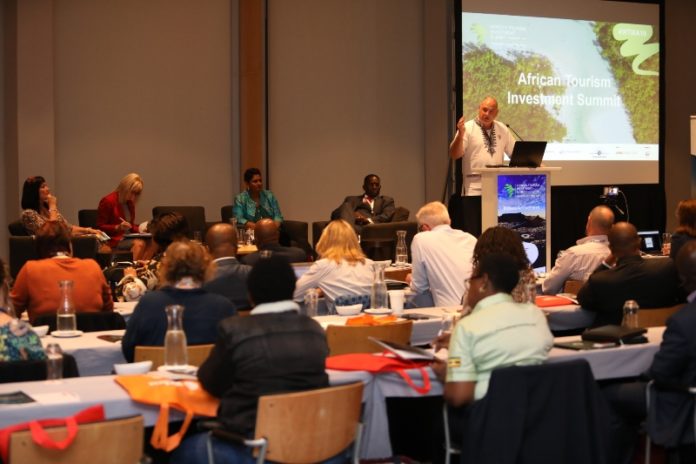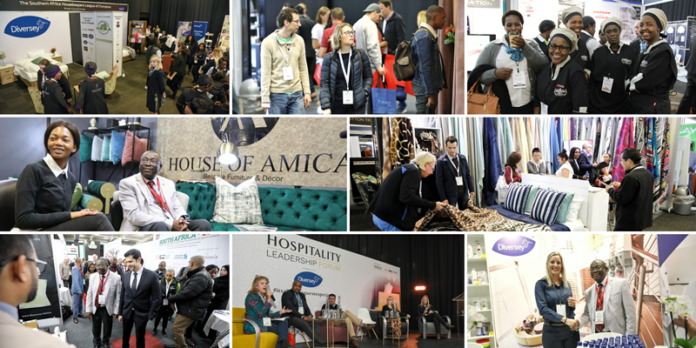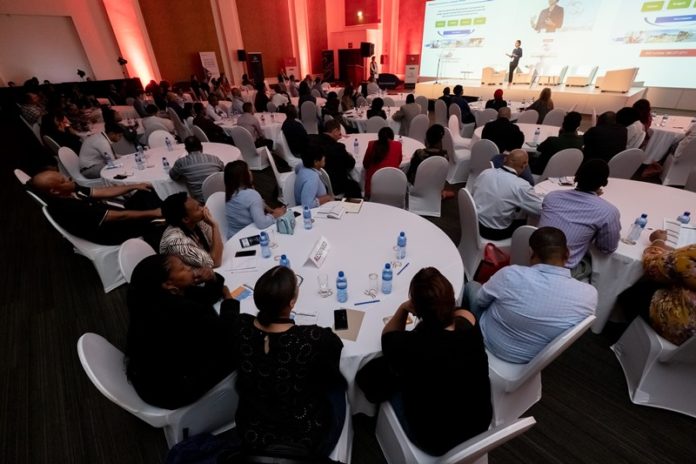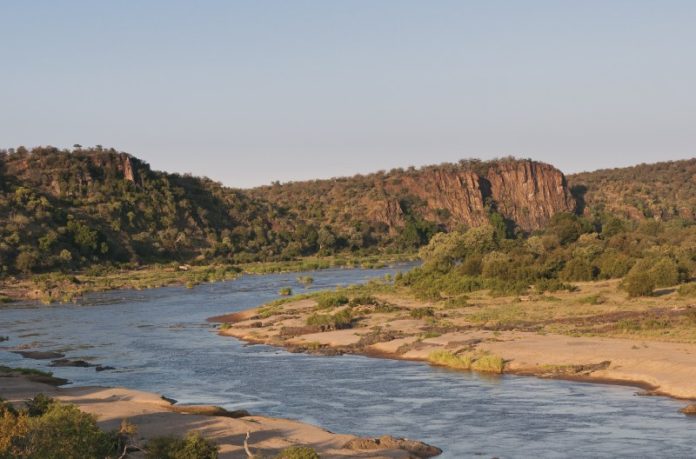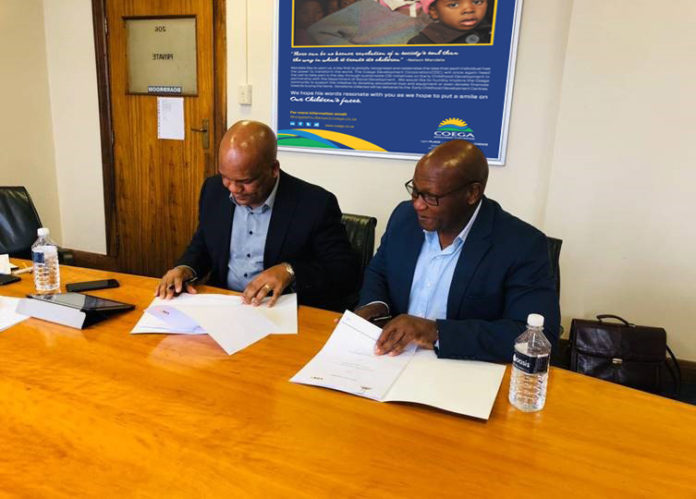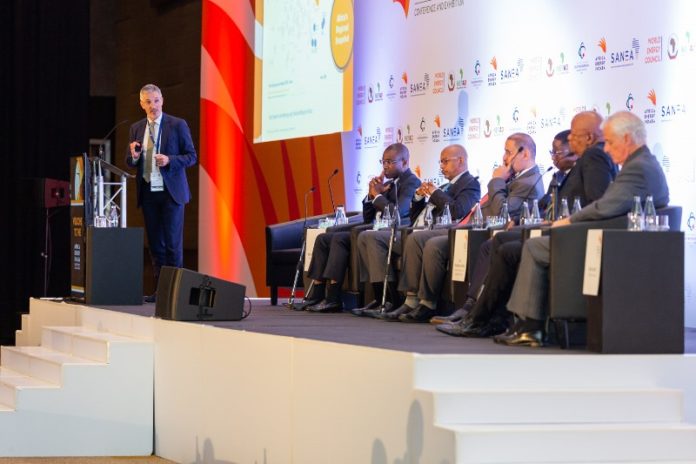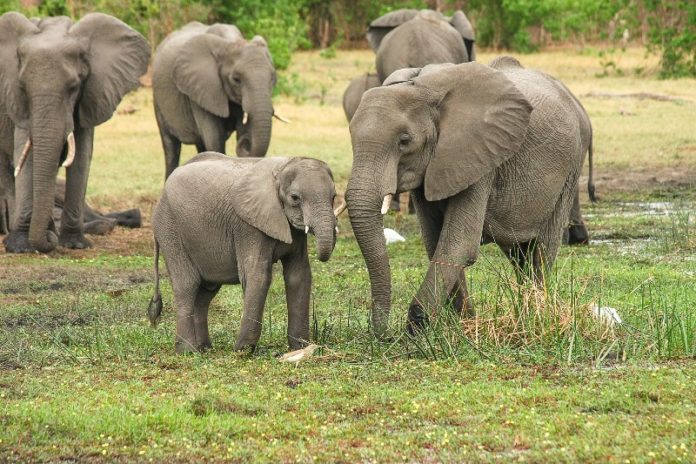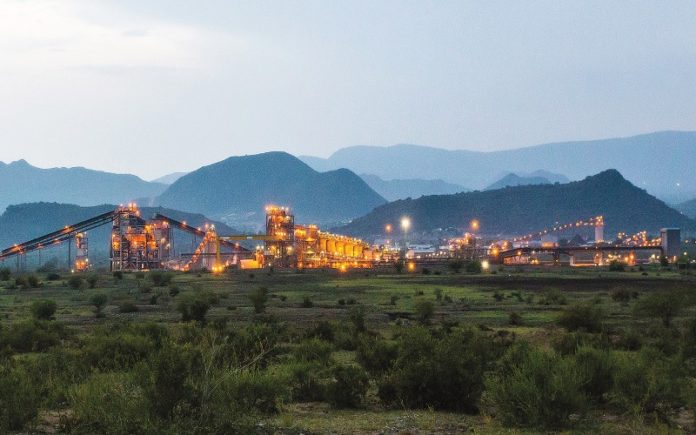As the biggest trade exhibition of its kind in Africa, Machine Tools Africa is all about innovation with its focus on additive manufacturing, automation and control, CNC machinery, cutting tools, machines, robotics, and more. Taking place from 12 to 15 May at the Expo Centre in Johannesburg, it’s a showcase of everything that twists, turns, rotates, cuts, forms, bends or shapes.
Reflective of the South African machine tools market, the exhibition has been designed in partnership with the Machine Tools Merchants’ Association of South Africa (MTMA), and has their full commitment and endorsement.
Although the local machine tools industry has been experiencing tough trading conditions, there is an understanding of the value of exhibiting and the importance of an industry showcase of this nature. Support from industry has been positive with 92% of floor space already sold.
As a value-add for visitors, the Seminar Theatre, hosted by the South African Institution of Mechanical Engineering (SAIMechE), will see top industry experts presenting topics covering latest innovation, industry trends and future technologies. These seminars are free to attend.

Another visitor attraction will be the ATI Skills Zone, where the future of skills development will be in the spotlight. Developed in partnership with the Artisans Training Institute (ATI), this area will be a fully functional workshop where learners will demonstrate trade skills learned at ATI including electrical, instrumentation, welding, and fitting and turning, amongst others.
The South African Capital Equipment Export Council (SACEEC), representing the capital equipment and project sector both for new projects and for the aftermarket, has partnered with Machine Tools Africa and will be supporting the ‘new products and technologies’ walk-way with its demarcated stands.
Also committed to the show is the South African Institute of Welding (SAIW), a non-profit technical organisation dedicated to furthering standards in welding-fabrication and related technologies.

“We’re heartened by the response we’ve had to Machine Tools Africa 2020,” says Gary Corin, Managing Director of Specialised Exhibitions, the organisers of the show. “We’re mindful of the current economic trading conditions and so it is very encouraging that we’ve had such a positive response from exhibitors.”
“We’re also delighted to work alongside the Machine Tools Merchants’ Association of South Africa again this year and to have the support and endorsement of the South African Institution of Mechanical Engineering, the South African Capital Equipment Export Council and the South African Institute of Welding. This support will bring further value to the exhibition experience,” says Corin.
“High performance machine tools touch every aspect of our lives. We’re looking forward to Machine Tools Africa 2020 and seeing the very latest in global machine tools technology,” Corin concludes.
For more information about Machine Tools Africa 2020, visit the website:
www.machinetoolsafrica.co.za or contact the organisers.




